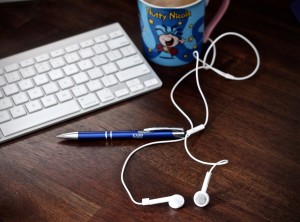 The Scientist is hosting a virtual career expo about alternative careers for scientists, outside of academia. One of the panels on their agenda will explore the field of scientific communication.
The Scientist is hosting a virtual career expo about alternative careers for scientists, outside of academia. One of the panels on their agenda will explore the field of scientific communication.
s
It’s taking place on Wednesday June 10th, 2015, at 11:30 am EDT.
f
And the best part? It’s free to register!
g
So don’t delay – sign up now to secure your spot!
ff
f
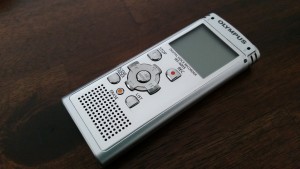
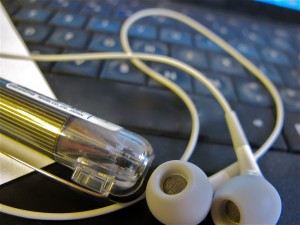
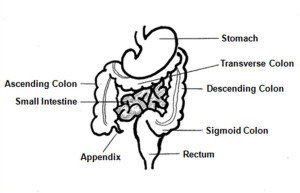

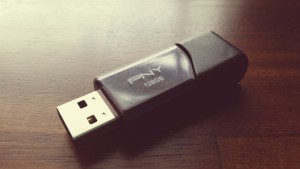
Follow Me!